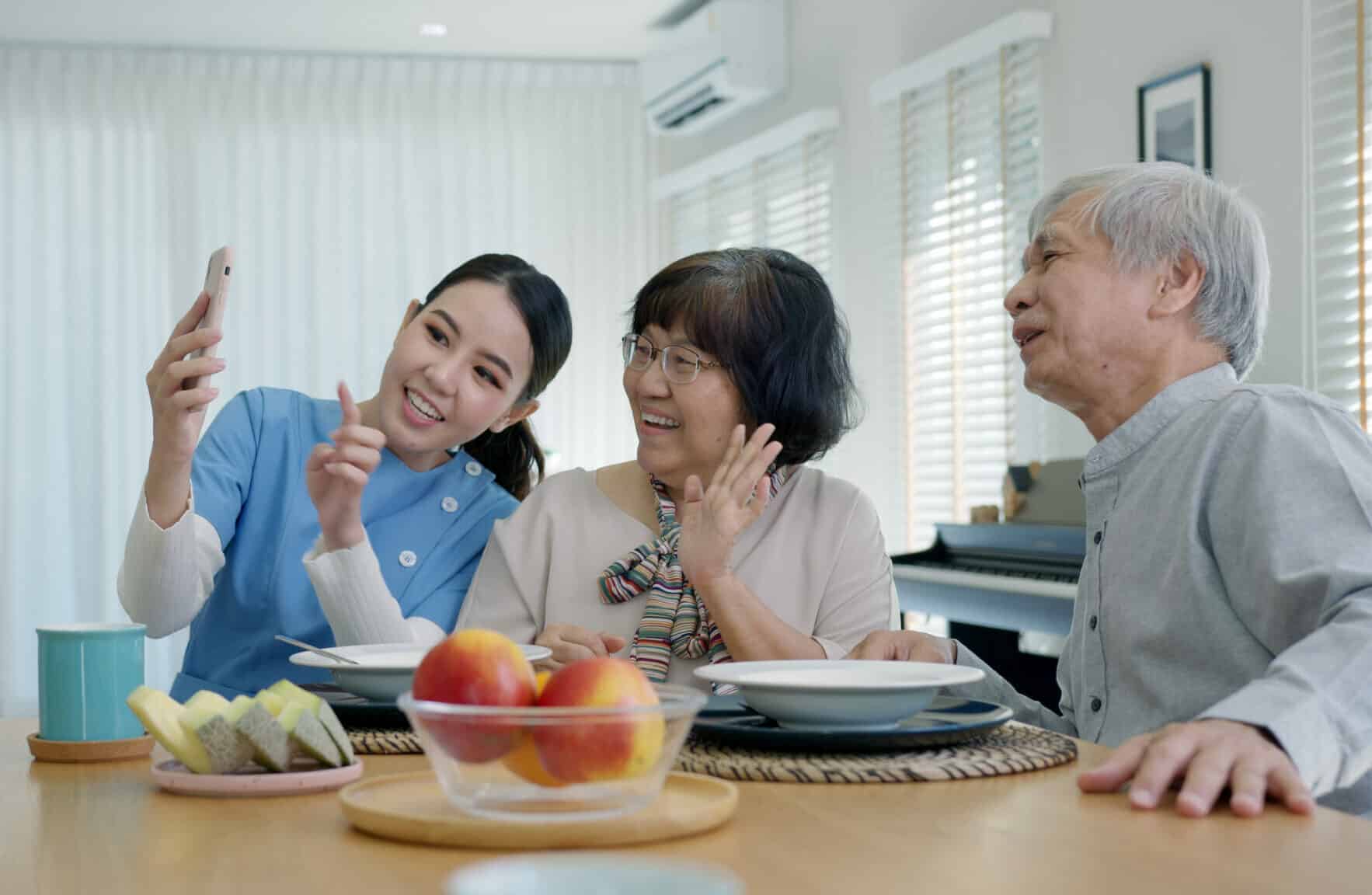Caregiving is not for the faint of heart. Caregiving can be emotionally, physically, psychologically and economically challenging. It can entail a wide variety of tasks such as helping with cooking, transporting the loved one from home to doctor’s appointments, housekeeping, paying bills, administering medication and grocery shopping. Those who care for others may wind up losing wages due to the time they spend with their loved one, and their health may suffer as well.
If you’re caring for a loved one who is aging or who suffers from a chronic illness, you’re not alone. According to the Caregiving in the U.S. 2020 study by The National Alliance for Caregiving (NAC) and AARP, there are approximately 53 million family caregivers in the U.S., an increase of about 9.5 million from 2015 to 2020. Today, more than one in five adults is caring for a family member. The report also notes that 26 percent of family caregivers are having difficulty coordinating care.
In a NAC and AARP study, approximately 14 percent of family caregivers –or more than 5 million caregivers – live more than an hour away from their loved one. Long-distance caregiving can be expensive as providers need to travel to see their loved one or use paid help since they can’t be on premises to perform tasks on their own. What’s more, long-distance caregivers are more likely to suffer from emotional distress compared to those who live less than an hour away. It’s difficult to trust that the situation is handled when you can’t physically be present.
If you’re a long-distance caregiver, here are some things you can do, even if you live far away:
Ensure the home environment is safe. According to the Centers for Disease Control (CDC) falls among adults 65 and older cause roughly 34,000 deaths a year in the U.S. About 36 million falls are reported among older adults, and one out of every five falls causes an injury, says the CDC. Make sure your loved one’s home is safe and free from trip hazards, has grab bars in the bathroom and handrails and lights on all staircases.
Coordinate with your loved one’s healthcare providers. First, ask your loved one to sign a HIPAA release form that authorizes his or her doctors to release private health information. Then, discuss your loved one’s health issues, conditions and treatments with his or her physicians.
Pay bills online. Set up online bill pay on your loved one’s accounts to enable you to manage his or her bills online.
Take advantage of grocery and meal delivery services. Today, there are more meal and grocery delivery services than ever before as many new options became available when people stayed home during the pandemic. You can help your loved one navigate through the choices so he or she can order independently, or you can make the arrangements from your own home.
Reach out to a neighbor to check in on your loved one. It’s always a good idea for someone in close proximity to have the ability to stop by your loved one’s home and be your eyes and ears since you can’t be in the same location. A neighbor can be invaluable in case of emergency, too.
Visit your loved one periodically. Depending on how far you live from your loved one, you may be able to schedule regular trips. Your loved one might enjoy the company, and you can set your mind at ease that your loved one is doing well.
Communicate frequently with family members, healthcare providers and your loved one. It’s important for you to be on the same page with siblings about your loved one’s care and that you share some responsibilities, if possible. Fraud and theft by visiting healthcare providers are concerns when you are not able to visit frequently so discuss securing valuables (e.g. cash, jewelry, collectables), monitoring credit card charges, and checking references and reviews of aids and agencies.
Use a dose pack pharmacy that delivers. Making sure your loved one is taking his or her medication at the right time, in the right combination, in the right dosage is critical. A dose pack pharmacy like PersonalRX that delivers medications in convenient customized pill packages to your loved one’s doorstep can give you peace of mind that medication is being taken as prescribed. Proactive communication from our support team will put your mind at ease that deliveries will be on time, packaged correctly, and marked clearly with simple instructions.
Learn more about how Personal RX can help you ensure that your loved one follows doctor’s prescription orders. Read our Caregiver eBook or contact us at PersonalRX.com for more information.


